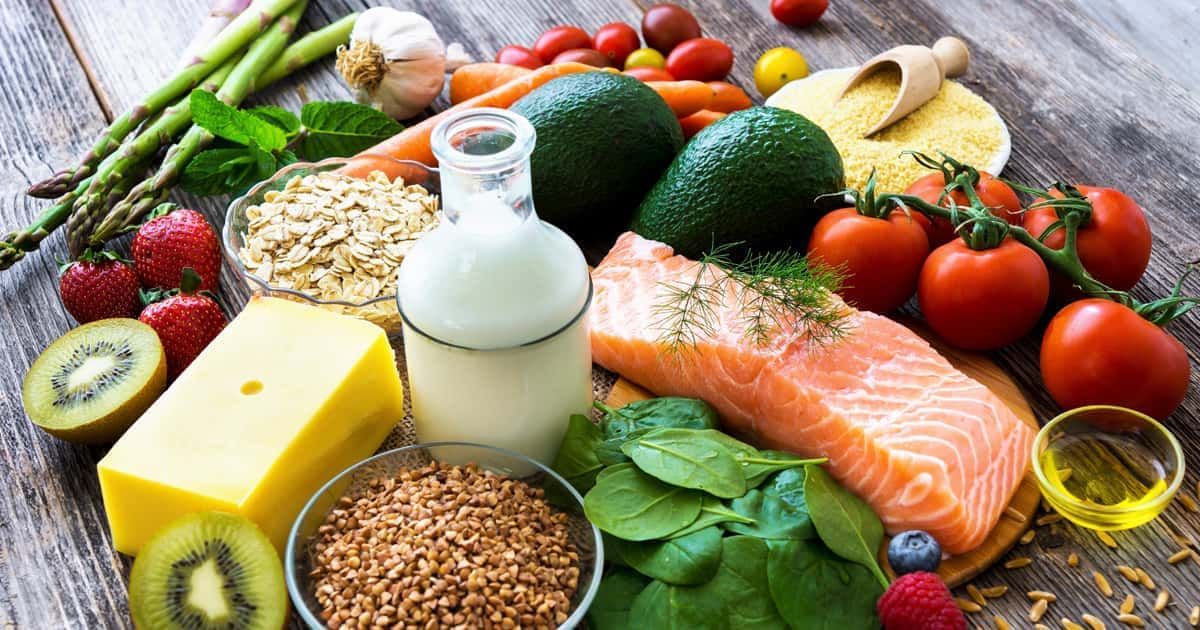Vitamins
Vitamins
.jpg)
B-Complex Vitamins, a group of nutrients that play many important roles in your body.
Nutritional supplements that contain all eight B vitamins are referred to as B-complex vitamins. B-complex supplements usually pack all eight B vitamins into one pill. B vitamins are water-soluble, means your body does not store them, for this reason that your diet must supply them each day.

Thiamin - Vitamin B1
Thiamin or thiamine, also known as vitamin B1, is a water-soluble vitamin found naturally in some foods. Thiamin plays an important role in the growth and function of various cells. Thiamin is only stored in the liver in small amounts, so a daily intake of thiamin-rich foods is needed. The richest food sources include pork, sunflower seeds, and wheat germ.
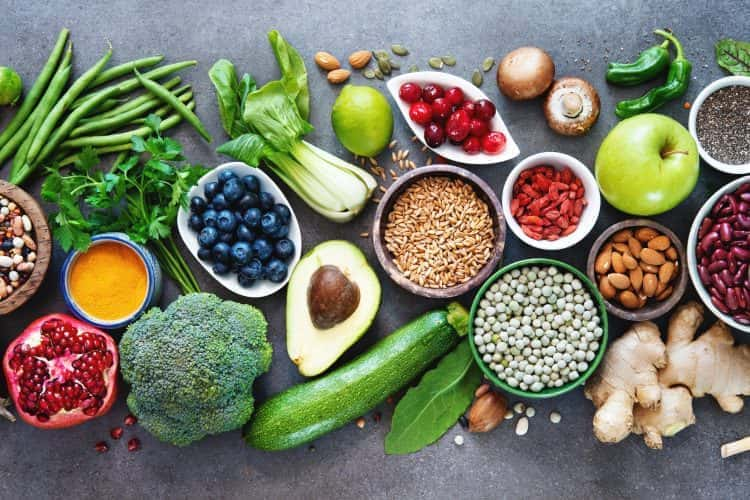
Riboflavin - Vitamin B2
Riboflavin also known as vitamin B2 is naturally present in some foods. Bacteria in the gut can produce small amounts of riboflavin, but not enough to meet dietary needs. Most riboflavin is used immediately and not stored in the body, so excess amounts are excreted in the urine. An excess of dietary riboflavin, usually from supplements, can cause urine to become bright yellow.

Niacin - Vitamin B3
Niacin aslo known as vitamin B3 found naturally in many foods. Niacin works in the body as a coenzyme, with more than 400 enzymes dependent on it for various reactions. Niacin helps to convert nutrients into energy, create cholesterol and fats, create and repair DNA, and exert antioxidant effects.

Pantothenic Acid - Vitamin B5
Pantothenic acid also known as vitamin B5 is an essential nutrient that is naturally present in some foods, added to others, and available as a dietary supplement. The main function of this water-soluble B vitamin is in the synthesis of coenzyme A (CoA) and acyl carrier protein. CoA is essential for fatty acid synthesis and degradation, transfer of acetyl and acyl groups, and a multitude of other anabolic and catabolic processes]. Acyl carrier protein’s main role is in fatty acid synthesis.

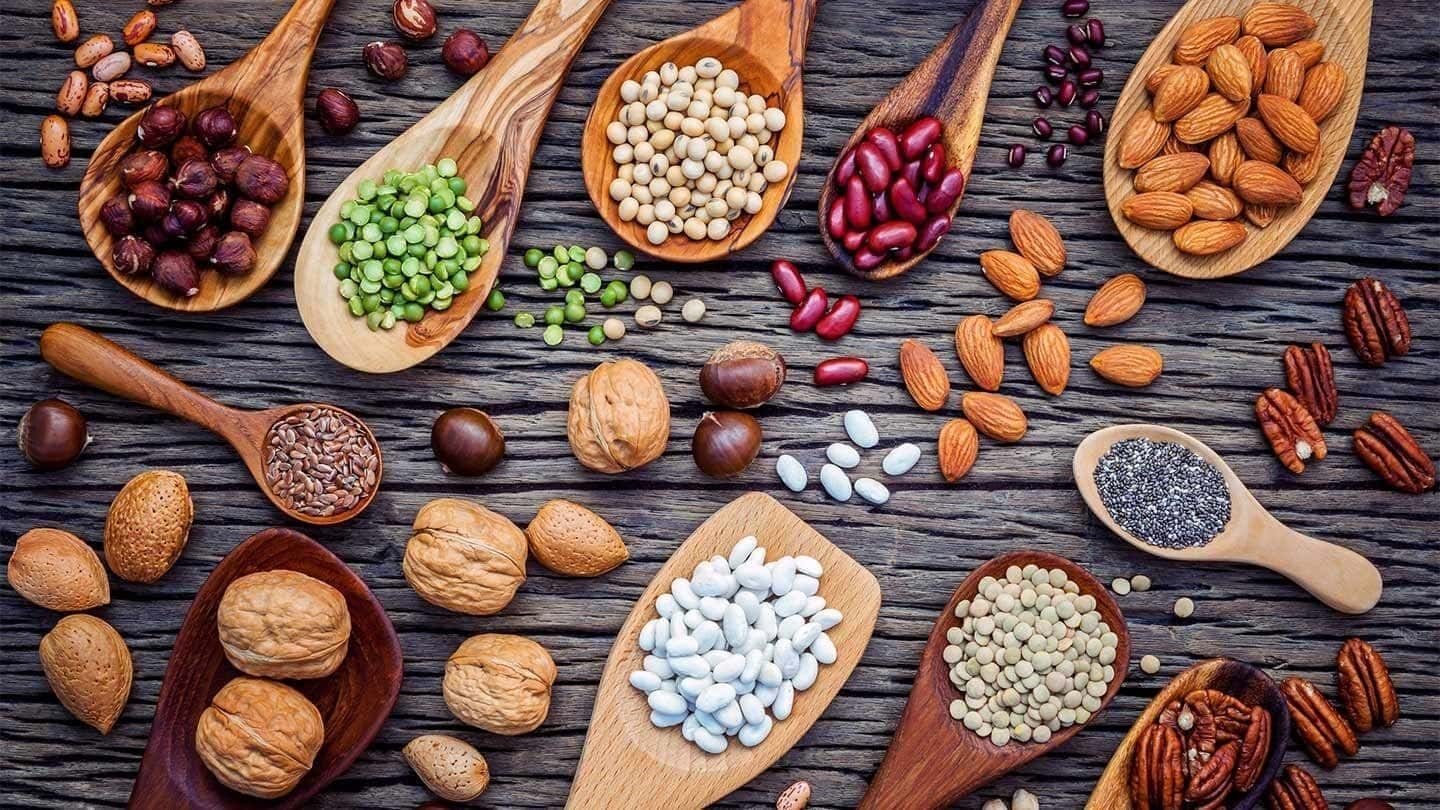

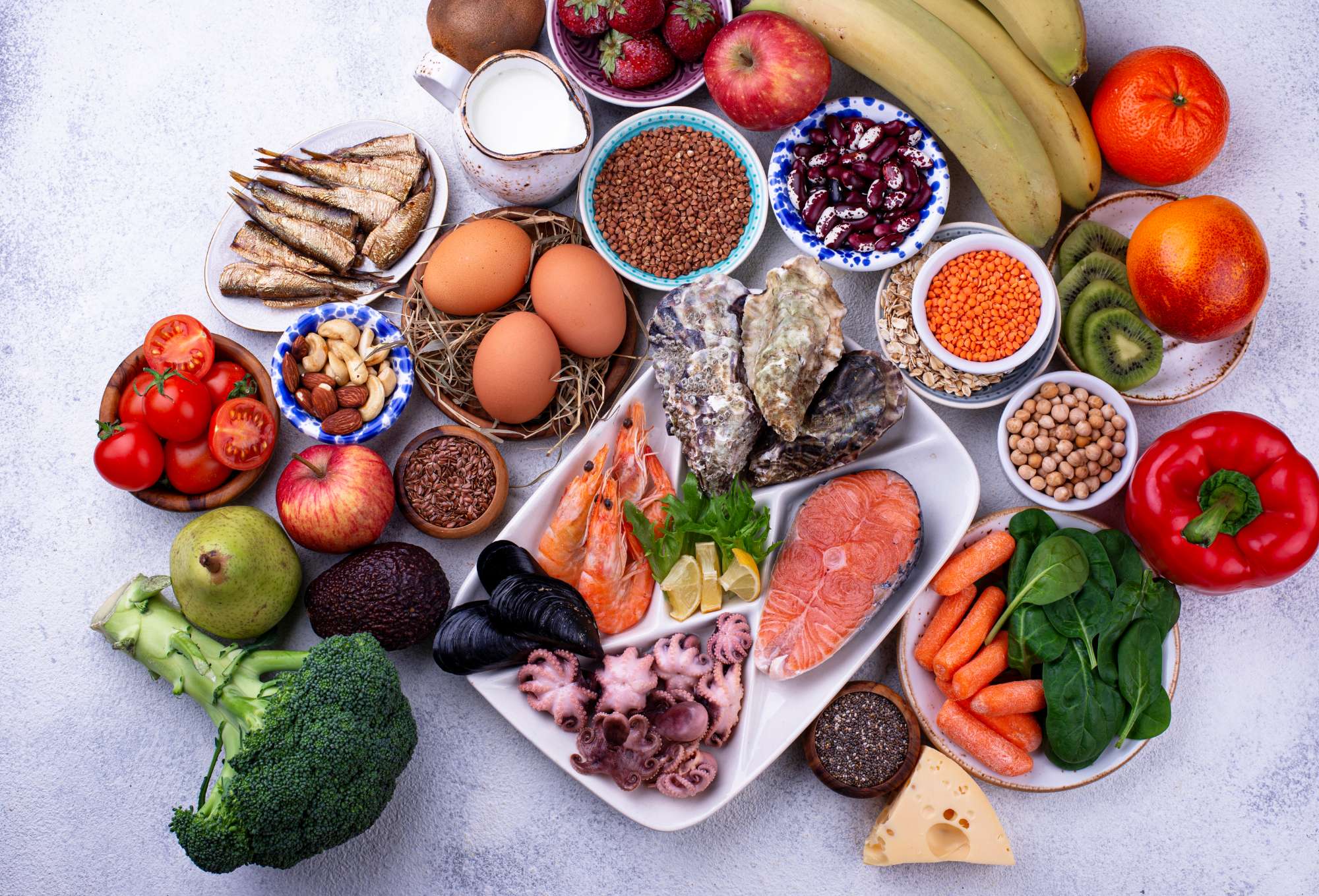
Vitamin B12
Vitamin B12 is a water-soluble vitamin that is naturally found in animal foods. Because vitamin B12 contains the mineral cobalt, compounds with vitamin B12 activity are collectively called cobalamins. Vitamin B12 is needed to form red blood cells and DNA. It is also a key player in the function and development of brain and nerve cells.

What is Vitamin A and how does it work?
Vitamin A is the name of a group of fat-soluble retinoids, primarily retinol and retinyl esters. Vitamin A is involved in immune function, cellular communication, growth and development, and male and female reproduction. Vitamin A supports cell growth and differentiation, playing a critical role in the normal formation and maintenance of the heart, lungs, eyes, and other organs. Vitamin A is also critical for vision as an essential component of rhodopsin, the light-sensitive protein in the retina that responds to light entering the eye, and because it supports the normal differentiation and functioning of the conjunctival membranes and cornea.

Vitamin E and its health benefits
Vitamin E is most commonly known for its benefits for skin health and appearance. Vitamin E is a nutrient your body needs to support immune system and help cells to regenerate. It also has antioxidant and anti-inflammatory properties that make getting enough essential to your everyday health.

The importance of vitamin C for your body
Vitamin C is an essential vitamin, meaning your body can’t produce it. Yet, it has many roles and has been linked to impressive health benefits. It’s water-soluble and found in many fruits and vegetables, including oranges, strawberries, kiwi fruit, bell peppers, broccoli, kale, and spinach. The recommended daily intake for vitamin C is 75 mg for women and 90 mg for men.

Vitamin D
Vitamin D is both a nutrient we eat, and a hormone our bodies make. It is a fat-soluble vitamin that has long been known to help the body absorb and retain calcium and phosphorus; both are critical for building bone. Also, laboratory studies show that vitamin D can reduce cancer cell growth, help control infections and reduce inflammation. Many of the body’s organs and tissues have receptors for vitamin D, which suggest important roles beyond bone health, and scientists are actively investigating other possible functions.

7 Effective Ways to Increase Your Vitamin D Levels
Vitamin D is an essential nutrient that your body needs for many vital processes, including building and maintaining strong bones. These nutrients are needed to keep bones, teeth and muscles healthy. A lack of vitamin D can lead to bone deformities such as rickets in children, and bone pain caused by a condition called osteomalacia in adults. Low vitamin D intake is considered a major public health concern across the globe. In fact, vitamin D deficiency is estimated to affect 13% of the world’s population.

About Vitamin K
The body needs vitamin K to produce prothrombin, a protein and clotting factor that is important in blood clotting and bone metabolism. People who use blood-thinning medications, such as warfarin, or Coumadin, should not start consuming additional vitamin K without first asking a doctor.
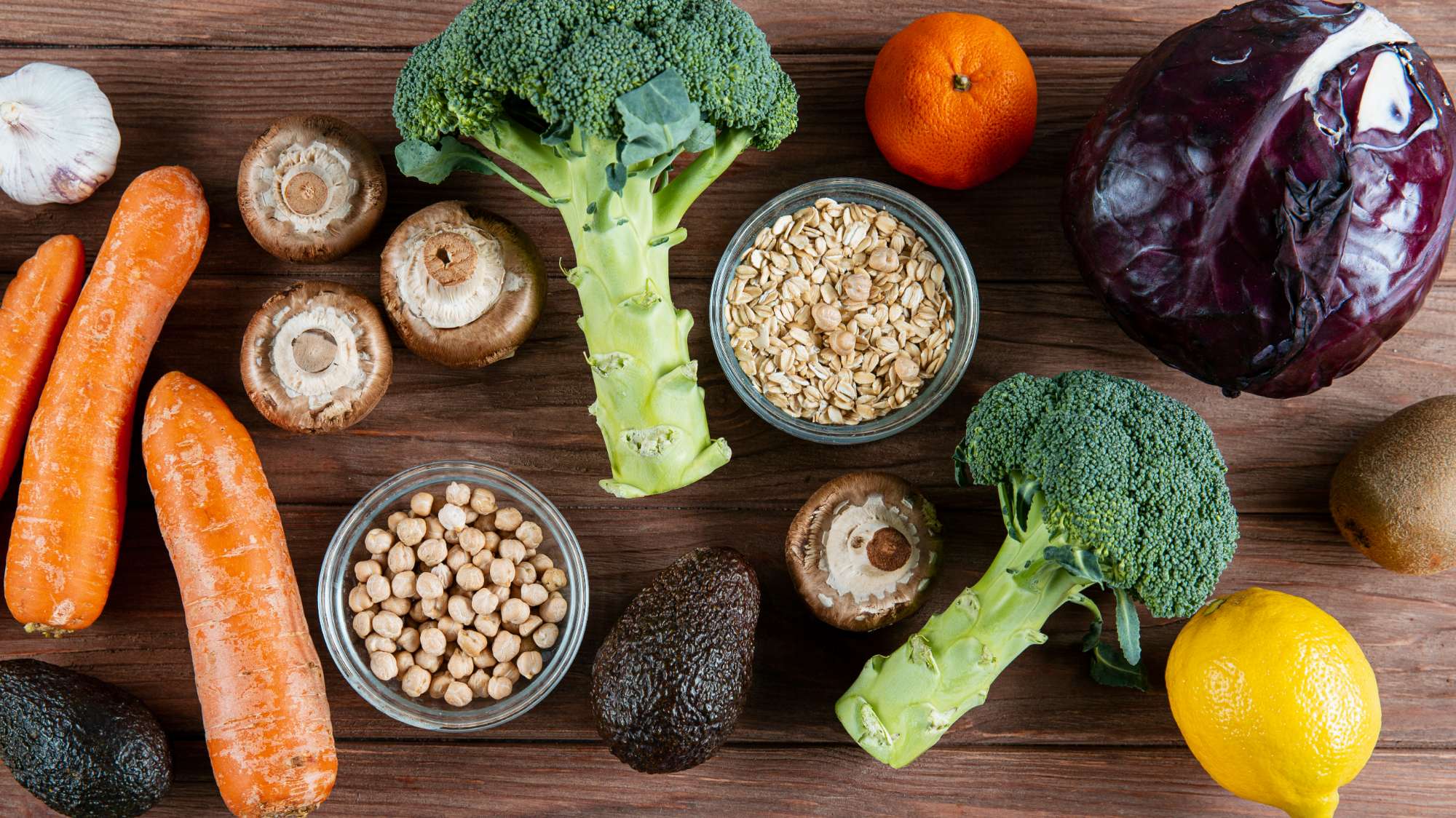
Vitamins and Its role on our health
Vitamins are organic compounds that people need in small quantities. Most vitamins need to come from food because the body either does not produce them or produces very little. Different vitamins play different roles in the body, and a person requires a different amount of each vitamin to stay healthy.
